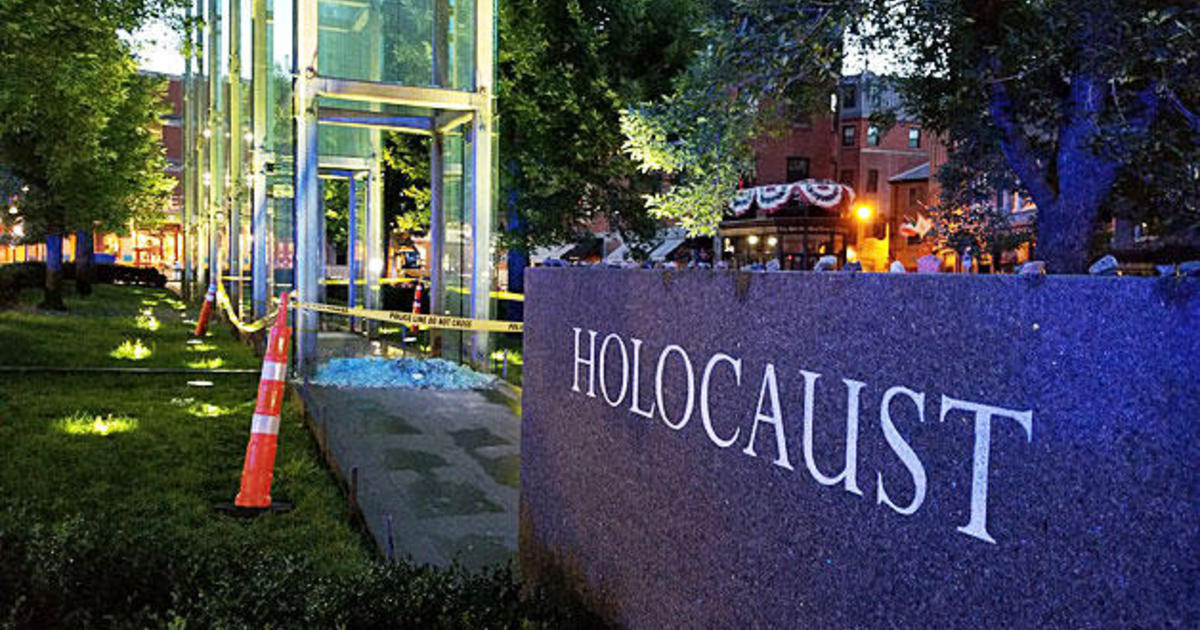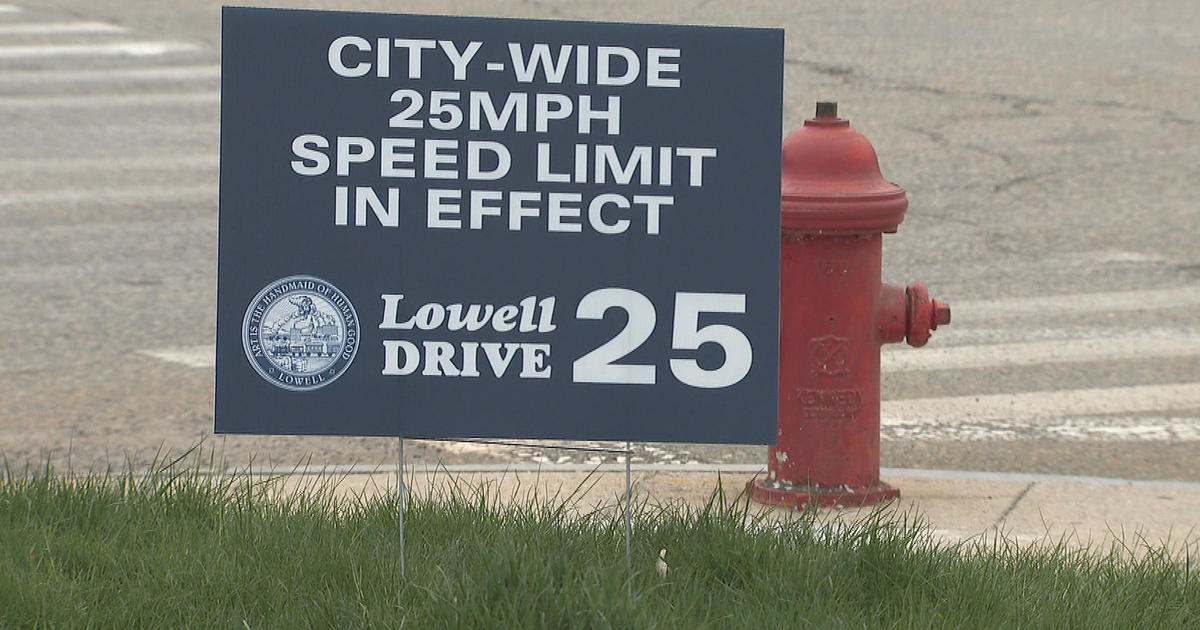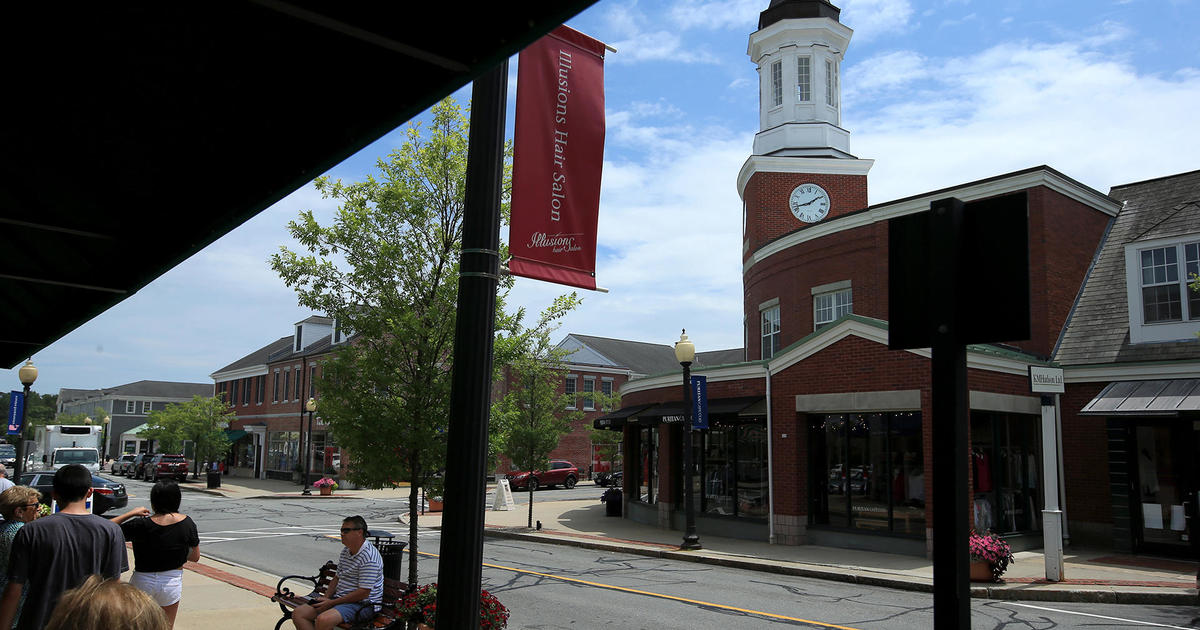Coakley Calls For Change In Corporate Manslaughter Law
BOSTON (AP) — A nearly 200-year-old Massachusetts statute outlining the penalties for corporate manslaughter is being thrust into the spotlight again as lawmakers on Beacon Hill and in Congress wrestle with the fallout from a deadly meningitis outbreak linked to a local compounding pharmacy.
While the investigation into the Framingham-based New England Compounding Center is still ongoing and no charges have been brought, Massachusetts Attorney General Martha Coakley says the case helps illustrate the need to change the manslaughter law, which hasn't been updated since it was first signed into law by former Gov. John Brooks on February 19, 1819.
WBZ NewsRadio 1030's Mark Katic Reports
Podcast
That law set a top penalty of $1,000.
"We understand that there is no amount of money that can compensate for the loss of an individual's life. However, $1,000 is a woefully inadequate penalty and not a meaningful deterrent," Coakley wrote this week in a letter to the Legislature's Committee on Public Health, which is looking into the meningitis outbreak.
Coakley wants the maximum fine for corporate manslaughter increased to $250,000, and has pushed legislation at the Statehouse that would make the change.
That legislation was originally filed in the wake of a ceiling panel collapse in the Big Dig in July 2006. The collapse killed Milena Del Valle, 39, of Boston, and injured her husband when their car was crushed as it traveled through the project's Interstate 90 connector tunnel.
Powers Fasteners, a New York company that marketed and distributed the epoxy anchor bolt system used in the tunnel, was indicted for manslaughter in August 2007 in connection with Del Valle's death but faced the maximum fine of just $1,000.
The case was ultimately resolved when prosecutors dropped the manslaughter charge after the company agreed to pay $16 million to settle a civil complaint and take steps to prevent the wrong types of epoxy from being used by its customers.
Coakley and several lawmakers filed the bill to increase the corporate manslaughter fine to $250,000 — but the bill has failed to reach the governor's desk in the intervening years.
Sen. Bruce Tarr, R-Gloucester, is one of the sponsors of the bill. He promised a renewed effort to get the legislation approved in the new two-year legislative session that begins in January.
He called the change long overdue.
"The problem is that this bill has suffered from legislative inertia," he said. "I know of no organized opposition to it. It seems like a pretty straightforward proposition."
The Associated Industries of Massachusetts, which represents thousands of employers across the state, hasn't expressed opposition to the legislation.
Attention to the bill resurfaced as the state grapples with the ongoing fallout from the meningitis outbreak that has sickened about 440 people and led to more than 30 deaths nationwide.
There were hearings in Congress and at the Statehouse this week examining what led to the distribution of the contaminated steroid shots blamed for the outbreak and what could be done to avoid another.
On Wednesday, Barry Cadden, the owner and director of the NECC, declined to testify before Congress, invoking his Fifth Amendment right to not answer questions in order to avoid self-incrimination.
On the same day, Massachusetts Health and Human Services Secretary JudyAnn Bigby told Beacon Hill lawmakers that both state overseers and the managers of the compounding pharmacy bear some responsibility for the outbreak.
While she faulted the Massachusetts Board of Registration in Pharmacy, which oversees compounding pharmacies, for what she called "poor judgment, missed opportunities and a lack of appropriate action" in the case of NECC, she said the pharmacy bears "primary responsibility."
"NECC knowingly disregarded sterility tests, prepared medicine in unsanitary conditions and violated their pharmacy license, endangering thousands of lives as a result," Bigby said.
James DeVita, chairman of the pharmacy board, put responsibility for the deaths back on the company, telling lawmakers at the hearing that the board needs additional resources to expand investigations into the compounding pharmacy industry.
Rep. Harold Naughton, House chairman of the Committee on Public Safety and Homeland Security, was also a part of the joint legislative hearing. Naughton said he too supports Coakley's bill to increase the penalty on corporate manslaughter.
Copyright 2012 The Associated Press.



